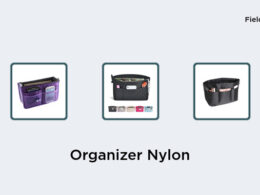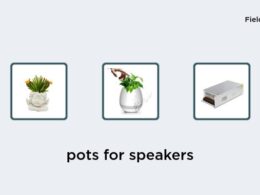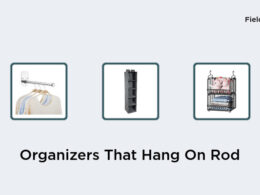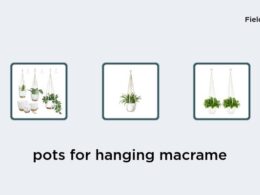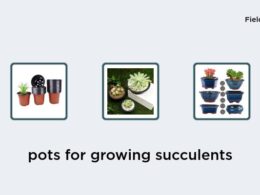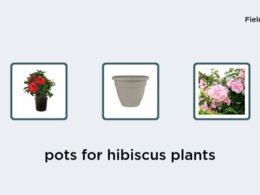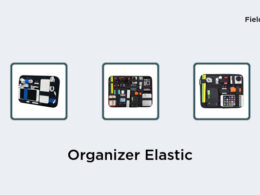Understanding Hydroponics
Hydroponics is a method of growing plants without soil. Instead, plants are grown in a nutrient-rich water solution. The roots of plants are directly in contact with this solution. Hydroponics offers a lot of advantages over traditional gardening methods. It allows for year-round cultivation, efficient use of space, and increased yields. However, the success of hydroponics depends largely on the quality of water used. The water requirements of hydroponics are different from those of traditional irrigation systems because soil is not present to provide essential nutrients to the plants.Benefits of Using Tap Water for Hydroponics
Tap water is suitable for hydroponics because it does not usually contain chemical additives that can be harmful to plants. It is convenient and readily available in most cities. It also saves money since additional filtration isn’t necessary. Tap water is usually pH balanced, which is essential for proper hydroponic plant growth. Using tap water for hydroponics also eliminates the need to carry heavy water containers back and forth, which can be especially tricky if you live in an apartment or an area without an outdoor spigot.Factors to Consider Before Using Tap Water for Hydroponics
The quality of tap water varies depending on where it comes from. Some cities have hard water, which is high in minerals like calcium and magnesium. Other cities have soft water that’s low in minerals and may have contaminants such as chlorine and fluorine. You need to check your water source and its quality before using it for hydroponics. Similarly, water that has undergone treatment may contain chemical residues from the purification process which can affect the growth of your plants.Preparing Tap Water for Hydroponics
Although tap water is suitable for hydroponics, some minor tweaks can help improve water quality. For example, you can let the water sit for 24 hours to dissipate any chlorine in it. Additionally, you can invest in some pH testing equipment to test the pH balance of the water regularly. You can adjust the pH balance by adding pH adjusters found at most pet stores. If you’re dealing with hard water, you can use a water softener or filtration system to make it more ideal for hydroponics. Some hydroponic gardeners advocate for using an ozonator to clean water before adding it to a hydroponics system. An ozonator uses ozone gas to disinfect the water and eradicate any pathogens that may reside in it. It’s an additional expense, but it can be worth it if you’re serious about hydroponics.Common Water Sources for Hydroponics
- Rainwater – Once appropriately collected and filtered, rainwater is an excellent source of water because it is low in dissolved minerals and has a neutral pH balance. You should avoid using rain gutters that have metallic surfaces as they can contaminate the water and add harmful chemicals to your hydroponic system.
- Well Water – Well water is high in minerals and may require softening or filtering before use. Testing well water for purity is essential since the water source can contain harmful bacteria and other pathogens that can contaminate your hydroponic system.
- Bottled Water – Bottled water is convenient and consistent in quality. However, it can be expensive and may not be readily available to some growers. Also, check the bottled water’s label since it could contain minerals that may not be ideal for hydroponics.









